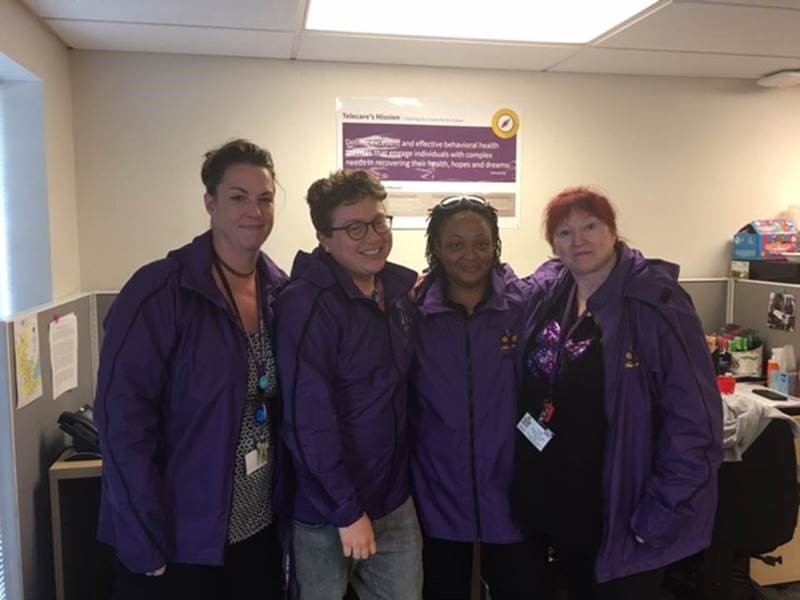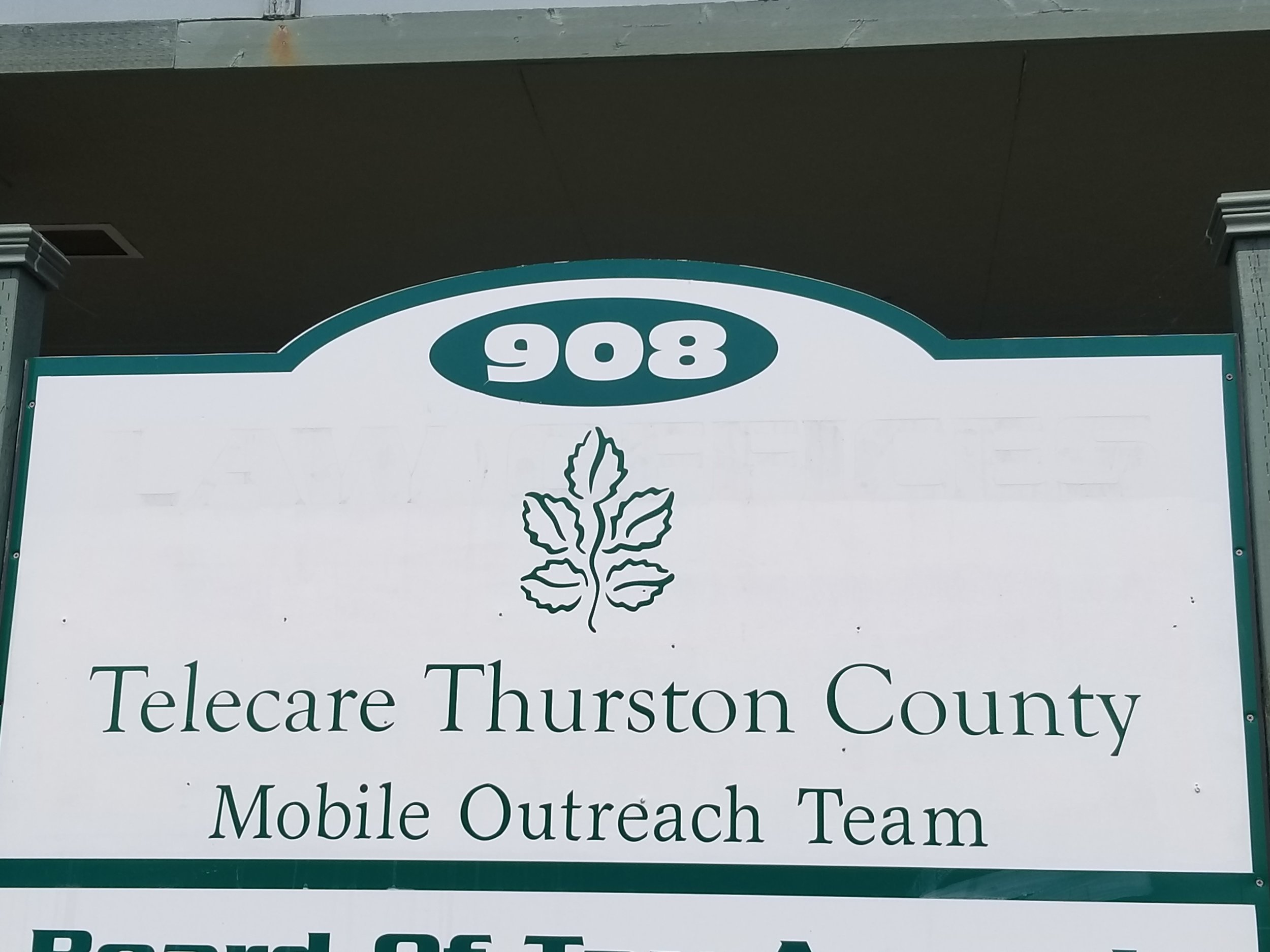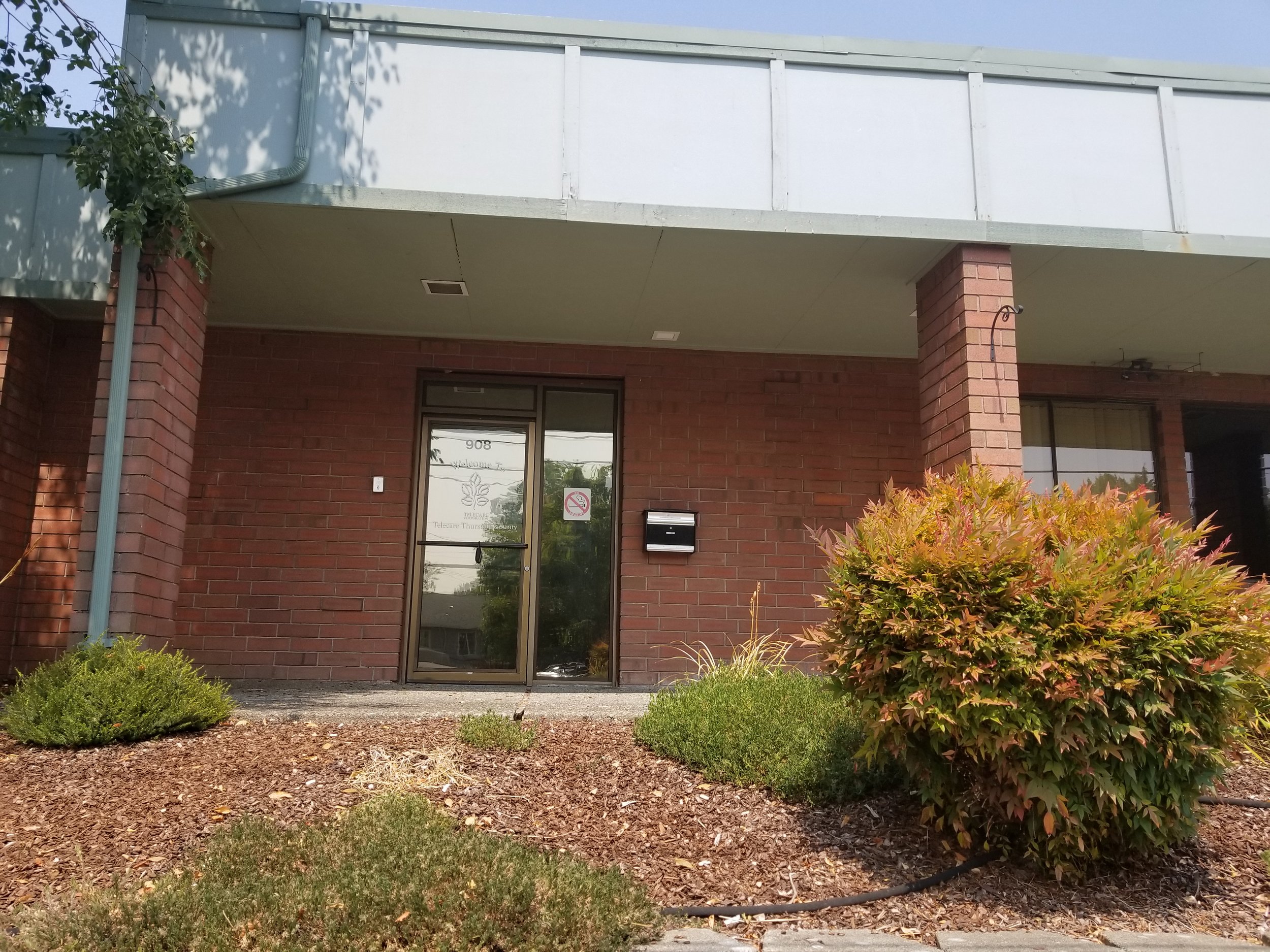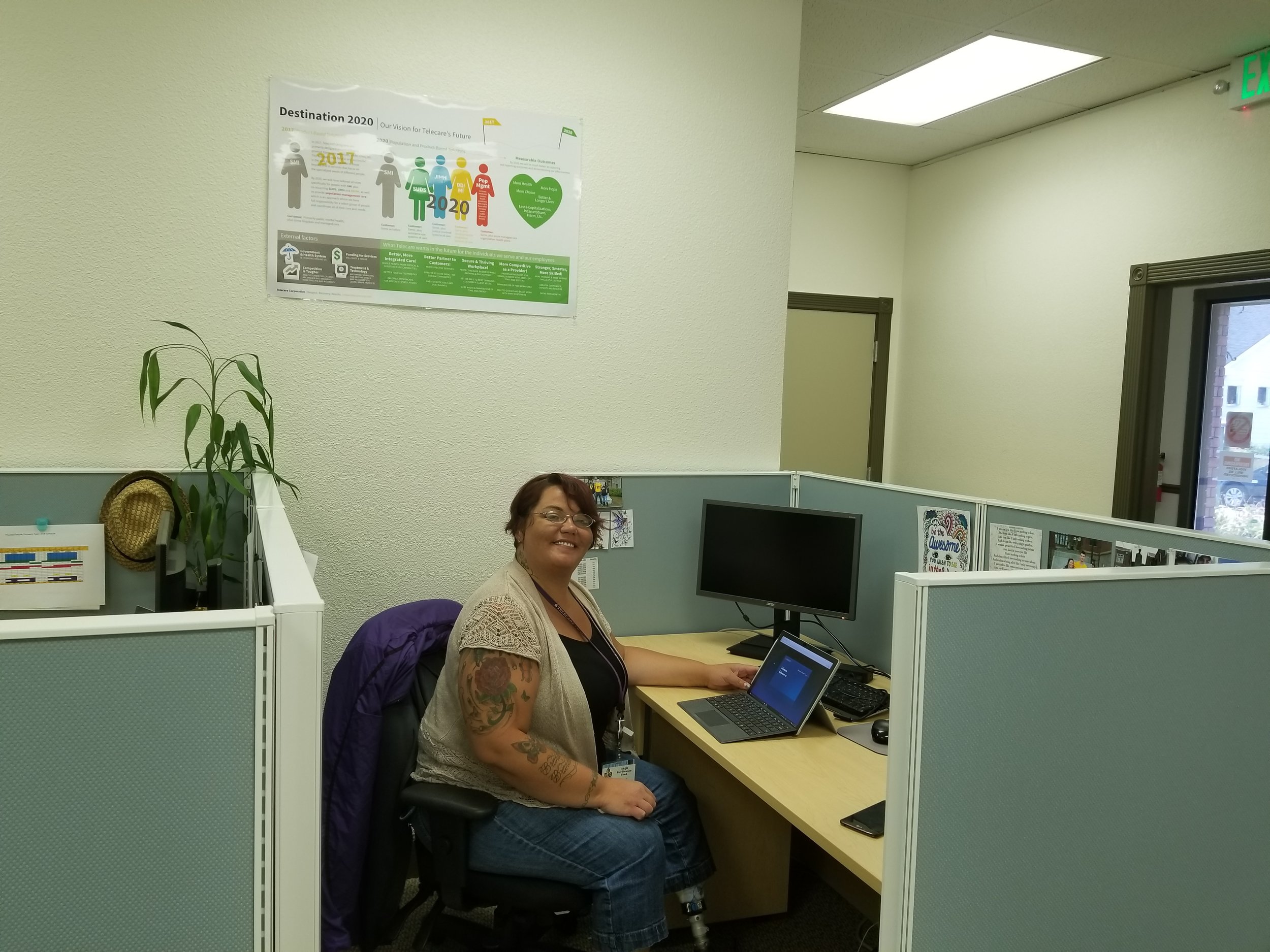Telecare Thurston Mason
Community Alternatives Teams (T-CAT) (256 & 257)
The Telecare Community Alternatives Team (T-CAT) model was developed to meet the specific needs of those transitioning between levels of care in Thurston and Mason counties. The T-CAT program provides a range of voluntary, community-based, short-term wraparound services with the goal of minimizing inpatient stays. As longtime providers of acute services in Thurston and Mason counties, our staff is uniquely prepared to assist individuals to understand and navigate the state, county, and local systems of care.








Telecare Thurston County T-CAT
Telecare Mason County T-CAT
908 5th Ave. SE
Olympia, WA 98501
360-754-2423 Main
360-357-2819 Fax
601 W. Franklin Street, Suite A.
Shelton, WA 98584
360-462-3016 Main
360-462-3017 Fax
Program News
Program Collateral & Information
Essentials at a Glance
Program Type: Community-Based
To Make Referrals:
Hospital Diversion: Emergency departments, mobile outreach teams (MOT), police and first responders, and self and family referrals.
Transitional Support Services: Community behavioral health, inpatient or outpatient settings, residential treatment facilities, police and first responders, and self and family referrals.
Who We Serve: Medicaid-eligible adults.
About the Program: Serving Mason & Thurston counties, WA, T-CAT was developed by Telecare with community involvement to meet the specific needs of those experiencing challenging situations due to mental health symptoms and substance use or transitioning between levels of care. As providers of acute services, our staff has been uniquely prepared to understand and navigate the state, county and local systems of care. Two essential services have been designed to sustain individuals on their path of recovery.
Transition and Diversion Support staff work in partnership with individuals as they discharge from higher, more restrictive levels of care, providing highly individualized, behavioral health and intensive case management support.
Hospital Diversion Support staff provide an alternative to acute care hospitalization, with referrals coming through the local crisis system. Individuals experiencing a crisis event at a local emergency room may receive intensive, short-term support when appropriate to divert from hospitalization. Also, those who are transitioning out of jail with a mental illness or an inpatient psychiatric unit could benefit from additional support while adjusting to a new environment.





